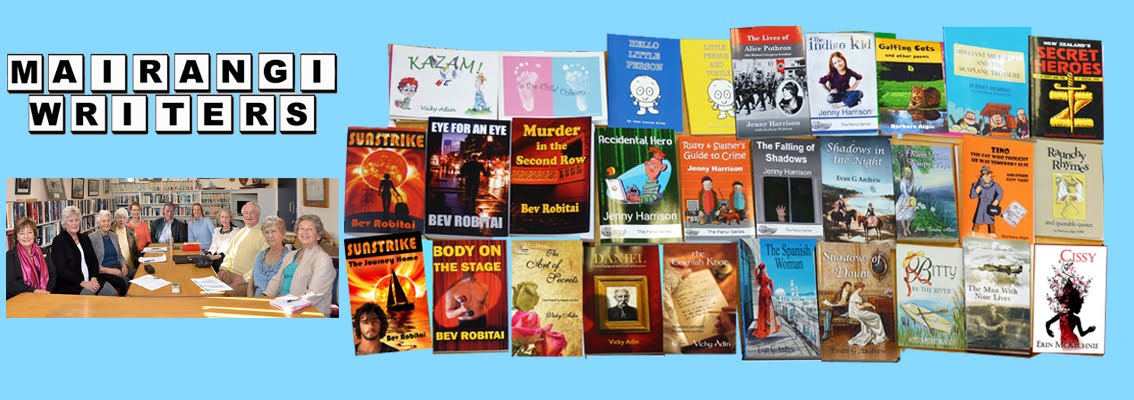We are bombarded constantly with the advice to Show, Not Tell. Everyone I know diligently works through their writing eradicating any telling, because we all know the great bar to becoming published is the sin of telling.
As a beginner writer, it is very difficult to hold on to my own convictions in the face of emphatic critiquing to the contrary. If I re-express a section in a way which will presumably satisfy the purist ‘Show-ers’, I don’t always feel as if I've achieved much, or more importantly, that how I want the book to read has been improved. It seems to me that jumping on the ‘telling’ is too easy a target; and does not necessarily reflect a considered assessment of the whole manuscript by the ‘critiquer.’ (And I acknowledge this might simply be my defensive mechanism feeling my ‘literary darling’ is being criticized.)
The subject vexes me and so I looked it up on Wikipedia; and found this article:
Show don't tell is a technique often employed by writers to enable the reader to experience the story through action, words, thoughts, senses, and feelings rather than through the author's exposition, summarization, and description. The goal is not to drown the reader in heavy-handed adjectives, but rather to allow readers to experience the author's ideas by interpreting significant, well-chosen details in the text. The technique applies equally to fiction and non-fiction. The concept is not just literary: It also applies to speech, movie making and playwriting.
Nobel Prize winning novelist Ernest Hemingway was a notable proponent of the show, don't tell style. His famed Iceberg Theory, also known as the "theory of omission", originates from his bullfighting treatise, Death in the Afternoon:
If a writer of prose knows enough of what he is writing about he may omit things that he knows and the reader, if the writer is writing truly enough, will have a feeling of those things as strongly as though the writer had stated them. The dignity of movement of an ice-berg is due to only one-eighth of it being above water.
"Show, don't tell" should not be applied to all incidents in a story. According to James Scott Bell, "Sometimes a writer tells as a shortcut, to move quickly to the meaty part of the story or scene. Showing is essentially about making scenes vivid. If you try to do it constantly, the parts that are supposed to stand out won't, and your readers will get exhausted." Showing requires more words; telling may cover a greater span of time more concisely. A novel that contains only showing would be incredibly long; therefore, a narrative can contain some legitimate telling.
Scenes that are important to the story should be dramatized with showing, but sometimes what happens between scenes can be told so the story can make progress. According to Orson Scott Card and others, "showing" is so terribly time consuming that it is to be used only for dramatic scenes. The objective is to find the right balance of telling versus showing, summarization versus action. Factors like rhythm, pace, and tone come into play.
Creative literature (as opposed to technical writing or objective journalism) in general hinges on the artful use of a wide range of devices (such as inference, metaphor, understatement, the unreliable narrator, and ambiguity) that reward the careful reader's appreciation of subtext and extrapolation of what the author chooses to leave unsaid, untold, and/or un-shown. The "dignity" Hemingway speaks of proposes a form of respect for the reader, who should be trusted to develop a feeling for the meaning behind the action without having the point painfully laid out for him.
According to novelist Francine Prose, who refers to the "show, don't tell" concept as "bad advice often given young writers":
Needless to say, many great novelists combine "dramatic" showing with long sections of the flat-out authorial narration that is, I guess, what is meant by telling. And the warning against telling leads to a confusion that causes novice writers to think that everything should be acted out ... when in fact the responsibility of showing should be assumed by the energetic and specific use of language."
I feel a bit better; there are others out there who agree: not all things should automatically be shown.
Erin.

No comments:
Post a Comment